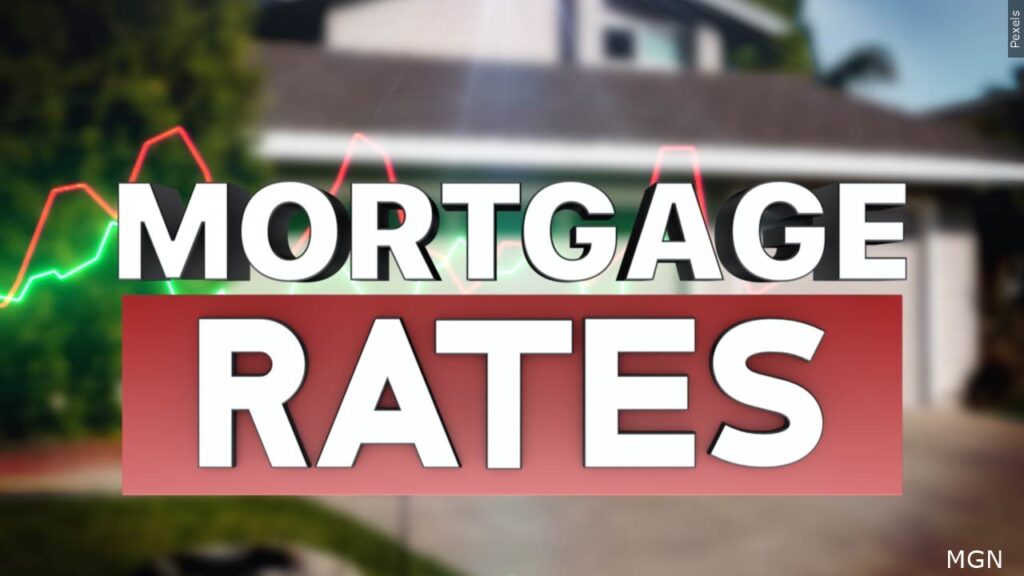Planning for retirement can feel overwhelming, but it doesn’t have to be. Finding the right retirement planner near you is the first step towards a secure and comfortable future. This blog post will guide you through the process, helping you understand what to look for and how to make informed decisions.
Understanding Your Retirement Needs
Before you start searching for a retirement planner, take some time to assess your current financial situation and your retirement goals. Consider factors like your desired retirement lifestyle, your expected expenses, and your current savings. Knowing your needs will help you find a planner who can tailor a plan specifically to you. 
Finding a Qualified Retirement Planner
Not all retirement planners are created equal. Look for someone with the proper credentials and experience. Check their certifications, such as a Certified Financial Planner (CFP) designation. This website offers resources to verify credentials. You should also consider their experience in working with clients similar to yourself.
Asking the Right Questions
During your initial consultation with potential retirement planners, ask specific questions about their fee structures, investment strategies, and their approach to retirement planning. Don’t hesitate to ask for references and check them! Learn more about asking effective questions.
Understanding Fee Structures
Retirement planners charge fees in different ways. Some charge a percentage of assets under management, while others charge hourly fees or a flat fee for specific services. Understanding how a planner charges is crucial to budgeting for their services. [IMAGE_2_HERE]
Investment Strategies and Risk Tolerance
Discuss your risk tolerance and investment goals with the planner. They should create a personalized strategy that aligns with your comfort level and financial objectives. A reliable resource can help you understand different investment approaches. Remember, your plan should be flexible to adapt to changes in your life.
The Importance of a Personalized Plan
Your retirement plan should be tailored to your unique circumstances. A cookie-cutter approach won’t work for everyone. A good planner will consider your age, health, income, and other factors to create a plan that maximizes your chances of achieving your retirement goals. Read more about personalized financial planning.
Regular Reviews and Adjustments
Retirement planning isn’t a one-time event; it’s an ongoing process. Your planner should schedule regular reviews to ensure your plan remains on track and adapt as needed. Life throws curveballs—job loss, unexpected expenses—and a good planner will help you navigate these challenges. [IMAGE_3_HERE]
Choosing the Right Partner for Your Future
Selecting a retirement planner is a significant decision. Finding someone you trust and who understands your needs is paramount. By taking the time to research and ask questions, you can find a financial advisor who will help you secure your retirement and achieve your dreams. Here’s another useful resource.
Frequently Asked Questions
What qualifications should I look for in a retirement planner? Look for certifications such as a CFP or other relevant designations, along with proven experience and a strong track record.
How much do retirement planners typically charge? Fees vary depending on the planner and the services provided, ranging from percentage-based fees to hourly or flat rates. Discuss fee structures upfront.
How often should I review my retirement plan? Aim for at least an annual review, or more frequently if there are significant life changes or market fluctuations.
What if my circumstances change? A good retirement planner will work with you to adjust your plan to account for any changes in your life, such as job loss, health issues, or unexpected expenses.
Can a retirement planner help with estate planning? Some retirement planners offer integrated estate planning services. This is something you should discuss during your initial consultation.



